January is a month that’s more than just the start of a new calendar year! As we peel back the layers of January’s frosty facade, we uncover a treasure trove of intriguing facts and captivating stories. January isn’t just a month; it’s a gateway to a year full of possibilities and wonders.

Interesting And Fun Facts About January
Did you know that January is named after Janus, the Roman god of doors and gates? This two-faced deity, looking both to the past and the future, perfectly embodies the spirit of January. It’s a time when we reflect on the year gone by and dream about the year ahead.
As we explore January facts, we will uncover the hidden gems that make this month unique. So, grab a cup of hot cocoa, snuggle up in your favorite blanket, and let’s dive into the mesmerizing world of January, where every day is a discovery!
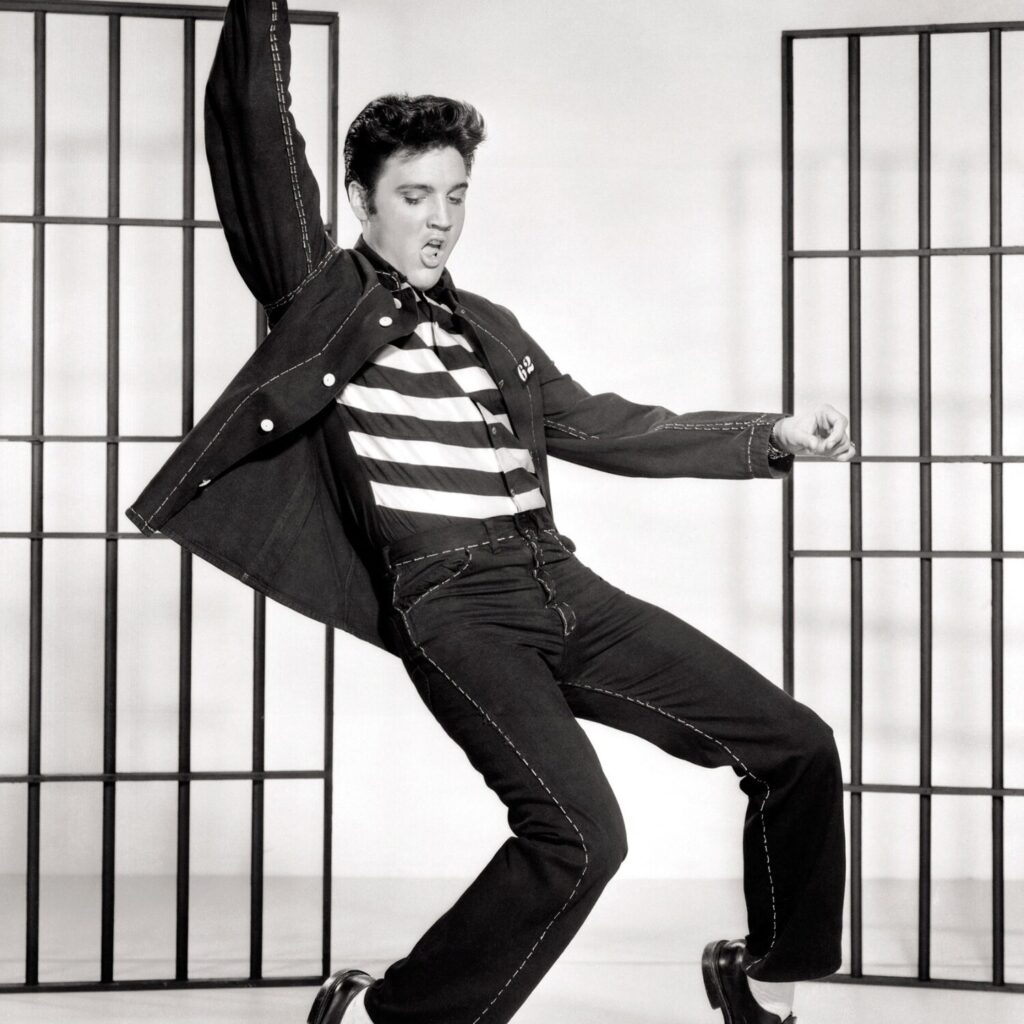
Popular Birthdays in January – January Babies
January is a month that boasts the birthdays of many notable individuals from various fields such as entertainment, politics, literature, and sports. Here’s a list of some popular figures who celebrate their famous January birthdays:
- January 1
- J. Edgar Hoover (1895) – First Director of the FBI.
- January 8
- Elvis Presley (1935) – Legendary American singer, “The King of Rock and Roll.”
- January 9
- Richard Nixon (1913) – 37th President of the United States.
- January 12
- Zayn Malik (1993) – English singer and songwriter, former member of One Direction.
- January 15
- Martin Luther King Jr. (1929) – Prominent leader in the American civil rights movement.
- January 17
- Michelle Obama (1964) – Former First Lady of the United States.
- January 18
- A.A. Milne (1882) – Author of the beloved “Winnie the Pooh” series.
- January 19
- Edgar Allan Poe (1809) – Famous American writer and poet known for his macabre and mystery tales.
- January 20
- Buzz Aldrin (1930) – American astronaut and the second person to walk on the Moon.
- January 24
- Ed Helms (1974) – American actor and comedian, known for his roles in “The Office” and “The Hangover” series.
- January 25
- Alicia Keys (1981) – American singer-songwriter and musician.
- January 26
- Ellen DeGeneres (1958) – American comedian, television host, and producer.
- January 28
- Elijah Wood (1981) – American actor, famous for his role as Frodo Baggins in “The Lord of the Rings” trilogy.
- January 29
- Oprah Winfrey (1954) – American media mogul, television host, and author.
- January 30
- Christian Bale (1974) – Award-winning British actor known for his versatility.
- January 31
- Justin Timberlake (1981) – American singer, songwriter, and actor.
These individuals have made significant contributions to their respective fields and are celebrated for their achievements and influence. Their birthdays in January add an extra layer of sparkle to an already fascinating month.
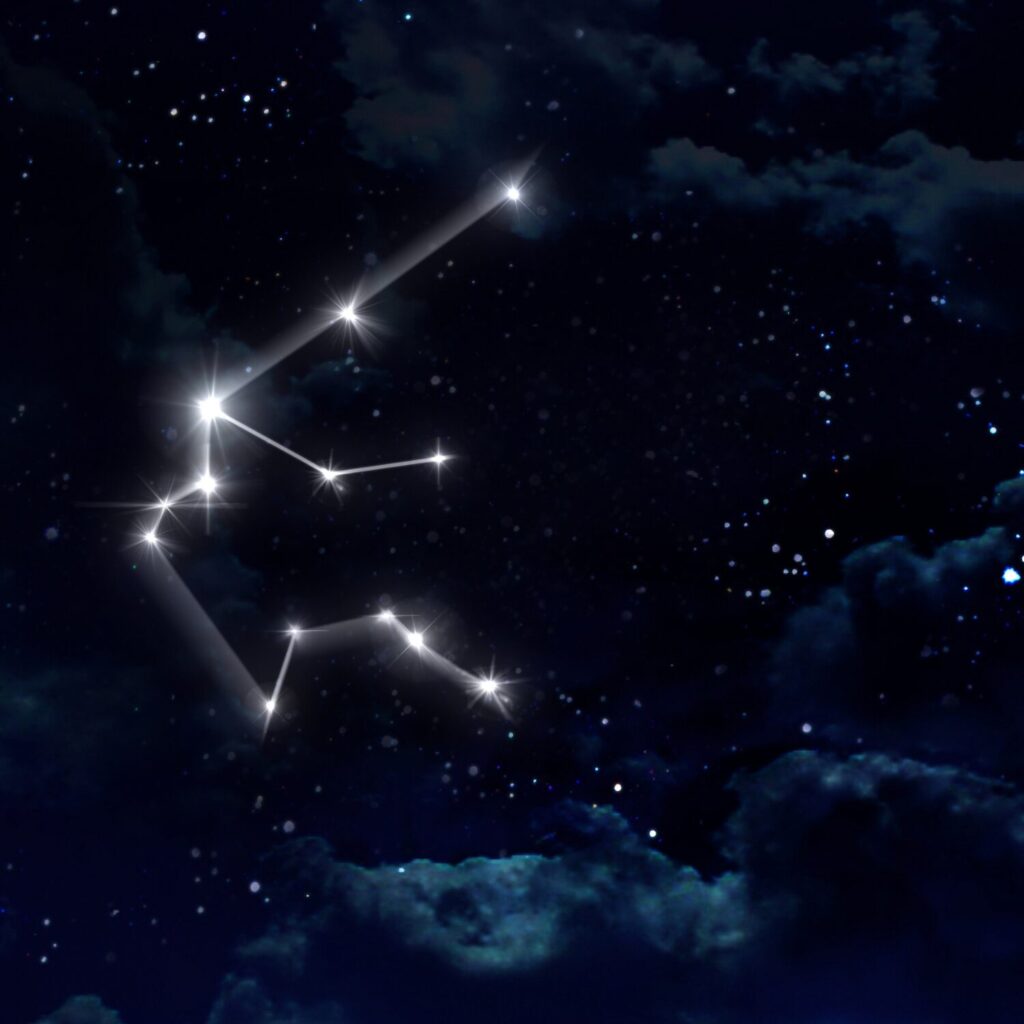
Zodiac Signs – The Astrological Signs Of January
January, the first month of the year, is host to two distinct zodiac signs, Capricorn and Aquarius, each bringing its own unique characteristics and energies. Capricorn, symbolized by the Sea-Goat, covers the period from December 22nd to January 19th. This Earth sign, ruled by Saturn, is known for its practicality, discipline, and ambition. Capricorns are often seen as the workhorses of the zodiac, combining a strong sense of duty with an unwavering focus on their goals. They are renowned for their patience, persistence, and meticulous approach to tasks, often making them successful in their endeavors.
On the other hand, Aquarius, which spans from January 20th to February 18th, is an Air sign represented by the Water Bearer. Aquarians are ruled by Uranus, the planet of innovation and sudden changes, which reflects in their love for freedom, originality, and humanitarian causes. This sign is known for its progressive thinking, often being ahead of their time. Aquarians value their independence and are often seen as the free spirits of the zodiac, with a strong inclination towards making the world a better place through social and environmental reforms. Both signs, while distinct in their characteristics, set the tone for a month of ambition, innovation, and forward-thinking.
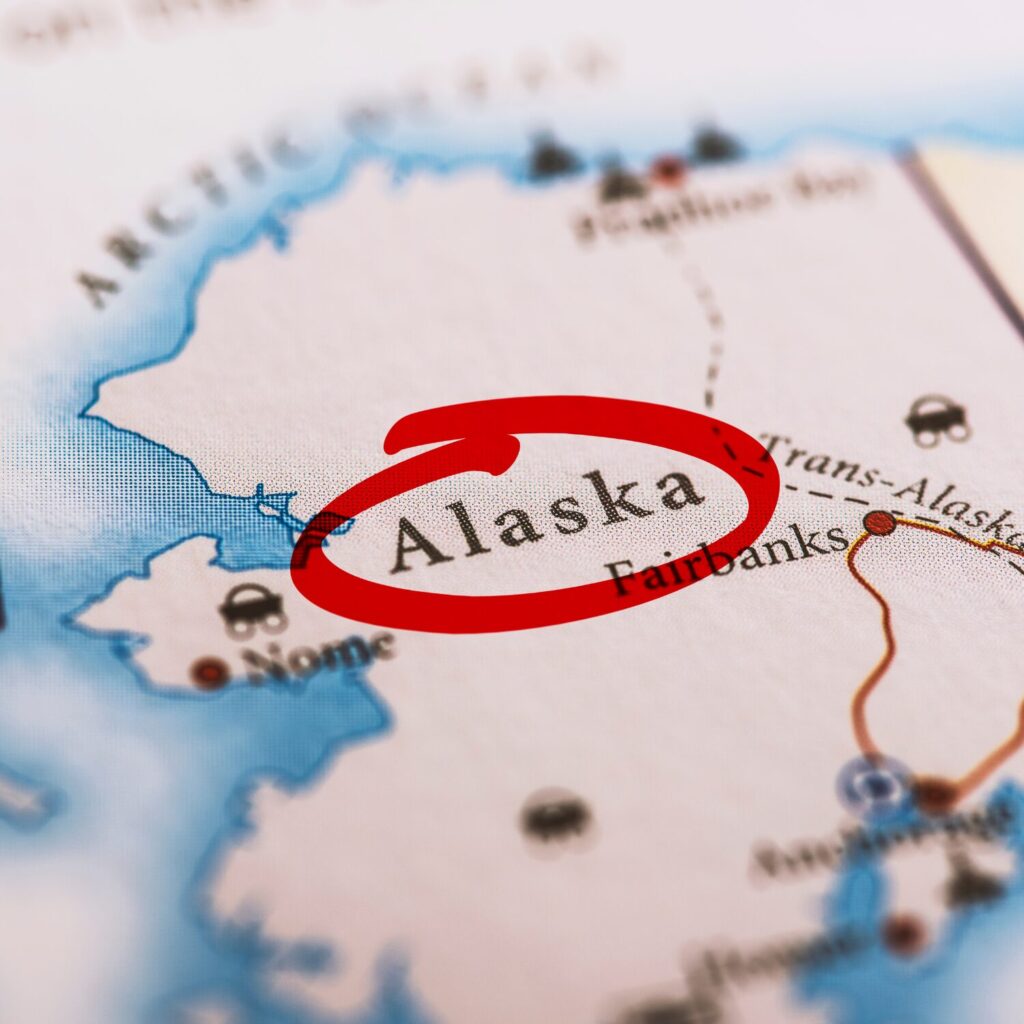
Historical Landmarks
Diving into January in history, this month has witnessed numerous pivotal events that shaped the course of human history. For instance, on January 1st, 1801, the United Kingdom of Great Britain and Ireland was formed, changing the political landscape of Europe. Fast forward to January 1st, 1863, and you have Abraham Lincoln issuing the Emancipation Proclamation, a monumental step in the fight against slavery in the United States.
January has been significant not just politically but also in the realm of science and exploration. It was on January 28, 1986, a day marked by tragedy, when the Space Shuttle Challenger disaster occurred, deeply impacting space exploration and safety protocols. On a more positive note, January 3rd, 1959 saw Alaska being admitted as the 49th state of the USA, expanding the nation’s horizons both literally and metaphorically.

20 January Fun Facts To Bring Up At Parties
Here’s a list of 20 fun and intriguing facts about January:
- January’s Namesake: January is named after Janus, the Roman god of doors and gates, symbolizing beginnings and transitions.
- Two Zodiac Signs: January spans two zodiac signs – Capricorn (until January 19th) and Aquarius (from January 20th).
- Birthstone: January’s birthstone is the garnet, symbolizing constancy and loyalty.
- Flower of the Month: The flower of January is the snowdrop or the carnation, representing love and fascination.
- New Year’s Day: January 1st is celebrated as New Year’s Day, marking the beginning of the new year according to the Gregorian calendar.
- Australia Day: In Australia, January 26th is celebrated as Australia Day, marking the arrival of the First Fleet at Port Jackson in 1788.
- Historical Events: Significant historical events in January include the signing of the Emancipation Proclamation by Abraham Lincoln on January 1, 1863.
- Polar Bear Plunge: January is popular for Polar Bear Plunges in many countries, where people swim in freezing waters, often for charity.
- Global Family Day: January 1st is also recognized as Global Family Day, promoting peace and sharing.
- National Soup Month: January is celebrated as National Soup Month in the United States.
- Blue Monday: The third Monday of January is often called “Blue Monday,” supposedly the most depressing day of the year.
- First U.S. Presidential Election: The first U.S. presidential election was held in January 1789.
- First Female Governor in the U.S.: Nellie Tayloe Ross became the first female governor in the United States in January 1925.
- Braille Literacy Month: January is celebrated as Braille Literacy Month, honoring Louis Braille, who invented the reading and writing system for the blind.
- Martin Luther King Jr. Day: The third Monday in January is Martin Luther King Jr. Day, celebrating the birthday of the civil rights leader.
- Chinese New Year: Sometimes, the Chinese New Year falls in January, marking the start of the lunar new year.
- Leap Year Proposal: According to an old Irish legend, women can propose marriage to men on January 29th in a leap year.
- Edgar Allan Poe’s Birthday: The famous writer Edgar Allan Poe was born on January 19, 1809.
- First Winter Olympics: The first Winter Olympics were held in Chamonix, France, in January 1924.
- National Hobby Month: January is also known as National Hobby Month, encouraging people to pick up new or revisit old hobbies.
Each of these facts adds a unique flavor to January, making it a month full of history, celebration, and interesting traditions!

When is the Rose Parade?
The Rose Parade, also known as the Tournament of Roses Parade, is traditionally held on January 1st each year, unless that day falls on a Sunday. In the event of January 1st being a Sunday, the parade is then held on Monday, January 2nd.
This tradition of not holding the parade on a Sunday is known as the “Never on Sunday” policy and has been in place since 1893 to avoid disturbing horses hitched outside churches and interfering with worship services. The Rose Parade is famous for its stunning floral-decorated floats and takes place in Pasadena, California, as part of the festivities leading up to the Rose Bowl college football game.
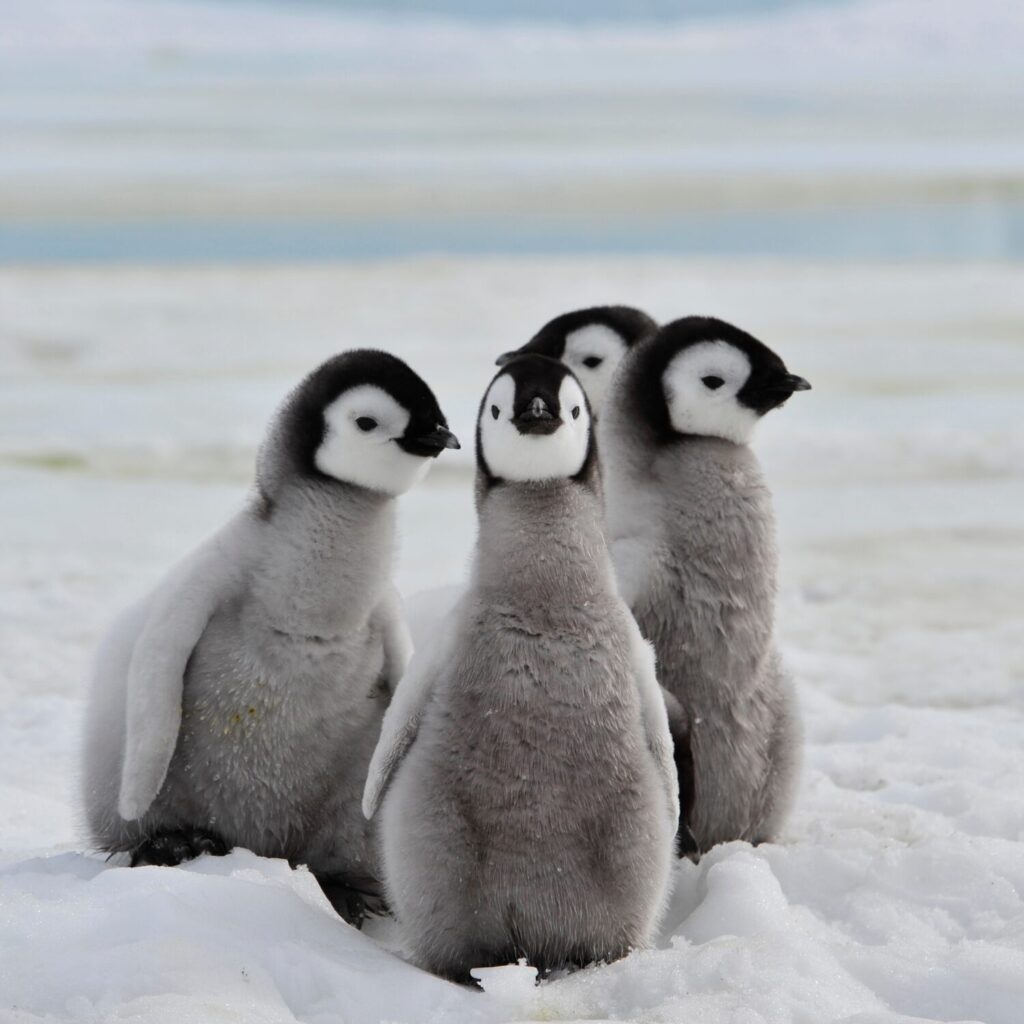
10 unusual January facts
Here are 10 unusual and interesting facts about January:
- January’s Original Position: In the earliest Roman calendar, January didn’t exist! The year began in March, making January and February the last months of the year.
- National Hot Tea Month: In the United States, January is recognized as National Hot Tea Month, celebrating one of the world’s most popular beverages.
- First ATM: The first American version of the ATM (Automated Teller Machine) was installed in January 1969 in Rockville Centre, New York.
- Bath Safety Month: January is observed as National Bath Safety Month in the U.S., aimed at raising awareness about bathroom safety, especially for children and the elderly.
- Opposite Seasons: While January is the coldest month in the Northern Hemisphere, it’s the warmest month in the Southern Hemisphere, acting as their mid-summer.
- Cuckoo Dancing: In Wales, a tradition called “Mari Lwyd,” or “Gray Mare,” involves a person carrying a horse’s skull on a stick, visiting homes and dancing, in exchange for food and drinks.
- January’s Full Moon: The full moon in January is often called the “Wolf Moon,” as it was believed that wolves howled more during this time due to hunger.
- Penguin Awareness Day: January 20th is celebrated as Penguin Awareness Day, a day to raise awareness about the flightless birds.
- First Super Bowl: The first-ever Super Bowl (Super Bowl I) was played on January 15, 1967, between the Green Bay Packers and the Kansas City Chiefs.
- Squirrel Appreciation Day: January 21st is Squirrel Appreciation Day, a day to appreciate and enjoy these nimble, bushy-tailed animals.
These facts highlight the diversity and quirkiness of January, making it a month full of surprises and lesser-known celebrations! At the start of January, take note of these dates and have an enjoyable year keeping up with all the new celebrations and traditions. January is truly a meaningful month.

National Holidays that fall in January
January is home to several national holidays across different countries. Here are some of the notable ones:
- New Year’s Day (January 1) – Celebrated worldwide, marking the beginning of the new year.
- Epiphany (January 6) – Observed in many Christian countries, commemorating the visit of the Magi to the infant Jesus.
- Orthodox Christmas Day (January 7) – Celebrated by Orthodox Christians in countries like Russia, Serbia, and Ukraine.
- Coming of Age Day (Second Monday of January) – A Japanese holiday celebrating young people reaching the age of 20.
- Martin Luther King Jr. Day (Third Monday of January) – A federal holiday in the United States honoring the civil rights leader.
- Australia Day (January 26) – Marks the anniversary of the 1788 arrival of the First Fleet of British ships at Port Jackson, New South Wales.
- Republic Day (January 26) – In India, commemorating the date on which the Constitution of India came into effect in 1950.
- National Heroes Day (January 9) – In Panama, celebrating the anniversary of the Martyrs’ Day.
- Liberation Day (January 1) – In Cuba, celebrating the victory of the Cuban Revolution.
- Wellington Anniversary Day (Late January) – Observed in the Wellington Region of New Zealand, celebrating the founding of the province.
These holidays reflect various cultural, historical, and political events significant to each country. Public celebrations, parades, and various ceremonies often mark them.
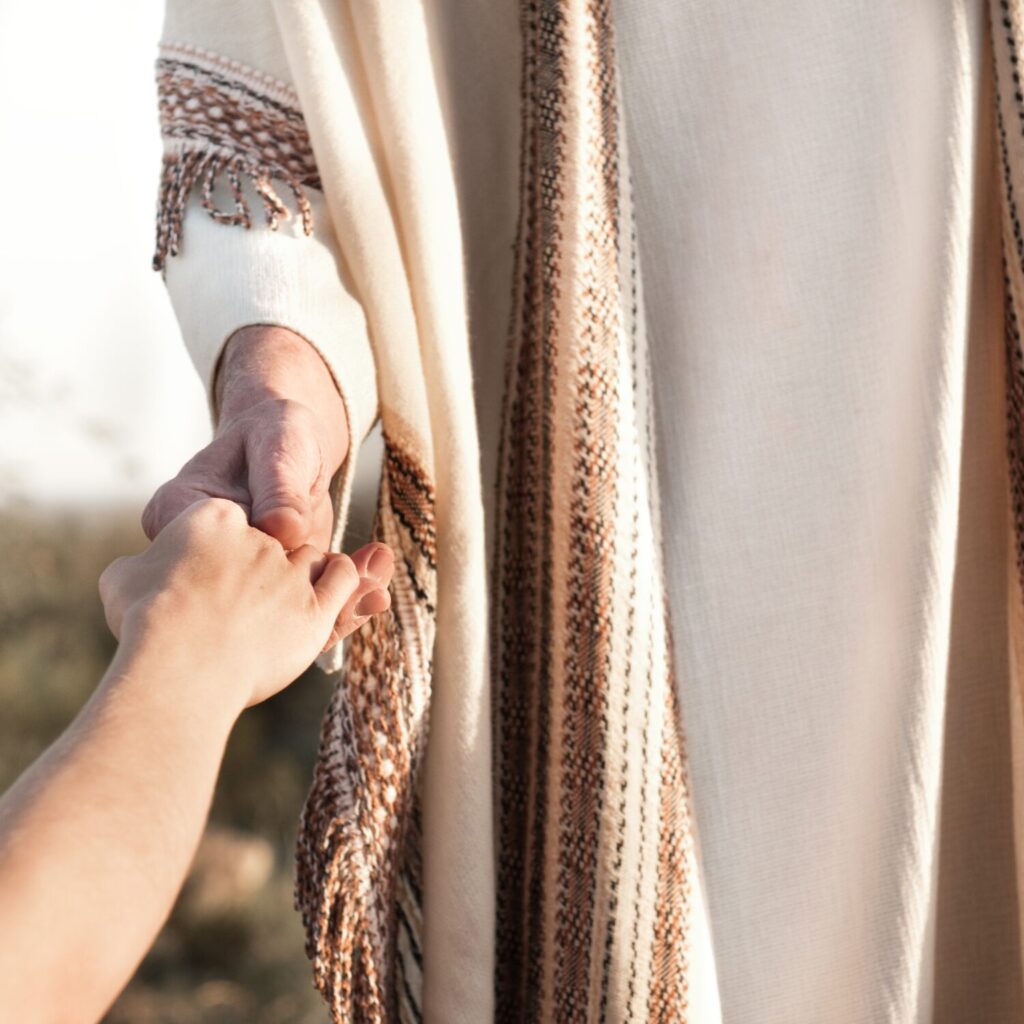
Celebrating The Baptism Of Jesus Christ
The exact date of the baptism of Jesus Christ is unknown and not recorded in the Bible or other historical sources. The Gospels of the New Testament provide accounts of Jesus’ baptism by John the Baptist in the River Jordan, but they do not specify the date on which this event took place.
The baptism of Jesus is an event of theological significance rather than historical chronology in the Christian faith. It is commemorated liturgically by various Christian denominations, but these commemorations do not imply a specific historical date.
In the liturgical calendar of Western Christianity, the Baptism of the Lord is typically celebrated on the Sunday following the Feast of the Epiphany (January 6), which places it generally in early January. In Eastern Orthodox Christianity, the baptism of Jesus is commemorated as part of the Feast of Theophany (also known as Epiphany), celebrated on January 6th or on January 19th in churches that follow the Julian calendar.
However, these dates are symbolic for liturgical celebration and do not represent a historically verified date of the actual event.
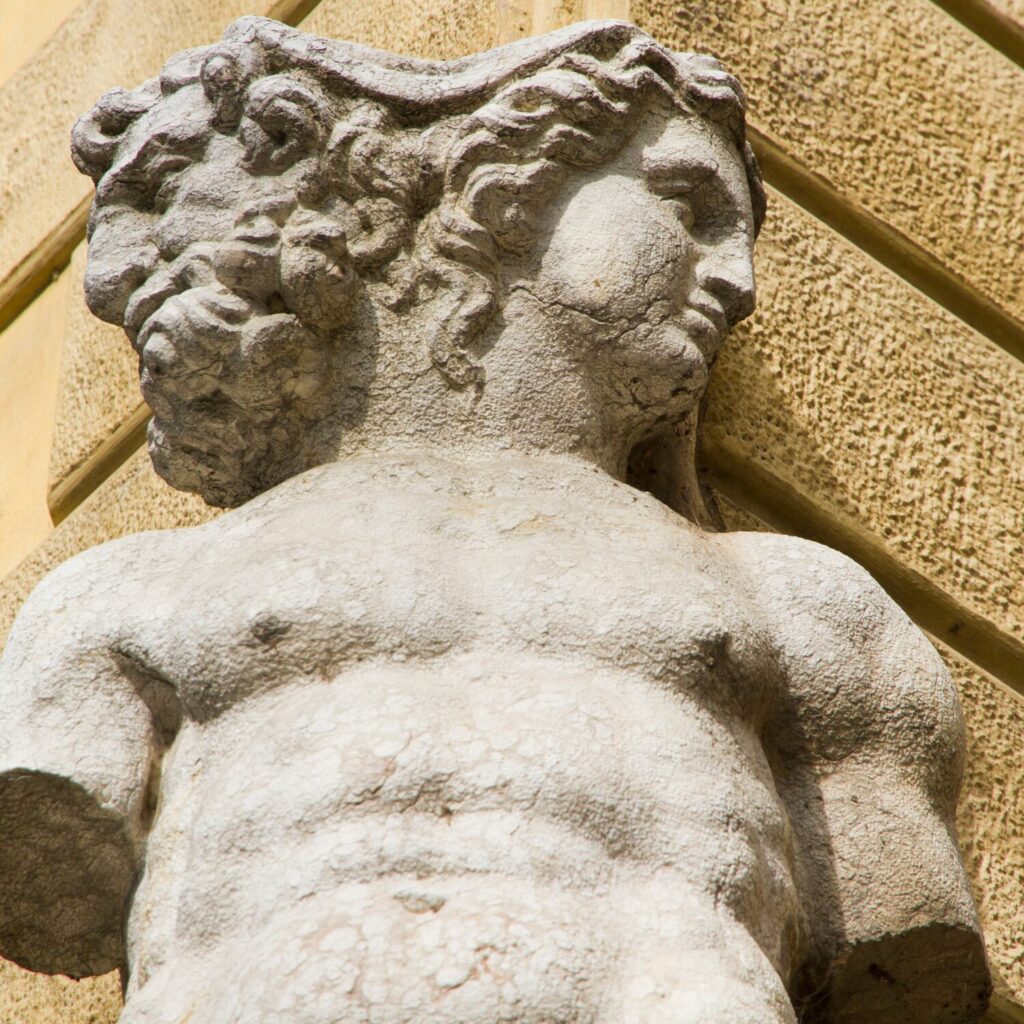
Who was Roman god Janus?
In Roman mythology, Janus is a uniquely Roman god with no direct Greek equivalent, embodying a fascinating aspect of Roman religion and culture. He is often depicted as having two faces, symbolizing his ability to see both into the past and into the future. This dual nature made him the god of beginnings, transitions, gates, time, duality, doorways, passages, and endings.
Janus’ two faces allowed him to look back on past events and forward to the future, making him a god of transitions. This characteristic extended to his governance over the beginning and end of the conflict, and the Romans believed that the doors of his temple were to be open in times of war and closed during peace. Interestingly, throughout much of Rome’s history, the temple doors were rarely closed, reflecting the continual state of conflict of the Roman Empire.
The month of January (Latin: Ianuarius) is named after Janus. His association with gateways and beginnings made him a fitting symbol for the first month of the new year, a time for looking back at the old year and forward to the new.
Janus had no distinct mythology or legend; he was a purely Roman deity, deeply ingrained in Roman culture and religion. His worship was an integral part of Roman life, and he was invoked at the beginning of each day, month, and year. The reverence for Janus underscored the Roman appreciation for time and transitions, a central theme of Roman society and statecraft.
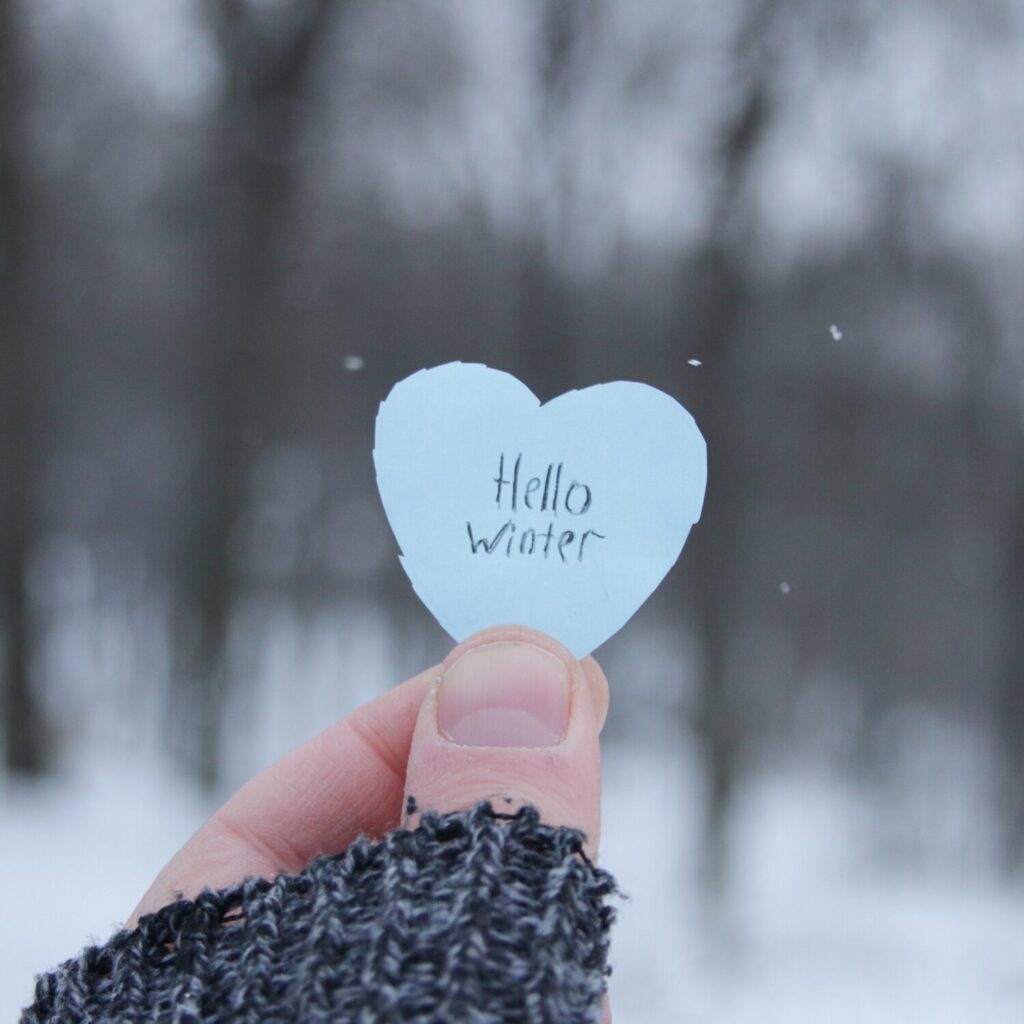
Is January the coldest month of the year?
Whether January is the coldest month of the year largely depends on that region’s geographic location and prevailing climate.
In the Northern Hemisphere, where the majority of the world’s landmass is located, January is often among the coldest months of the year. This is due to the tilt of the Earth’s axis, which, during this time, results in the Northern Hemisphere being tilted away from the sun, reducing the intensity and duration of sunlight. Consequently, regions in North America, Europe, and most of Asia experience some of their coldest temperatures in January.
However, in the Southern Hemisphere, January is typically one of the year’s warmest months. During this period, the Southern Hemisphere is tilted towards the sun, leading to longer days and more direct sunlight. Therefore, countries in the southern parts of Africa, South America, Australia, and the entirety of Antarctica experience summer conditions in January.
In equatorial regions, where the climate is tropical, temperatures do not vary significantly throughout the year, and thus, January does not necessarily stand out as particularly cold or warm.
So, while January is often the coldest month in many parts of the Northern Hemisphere, it is simultaneously the warmest month in the Southern Hemisphere.
In the coming year, you can now have a new appreciation for the hearty month of January. Out of the 12-month calendar, it is clearly one of the most entertaining time periods. Kick off your celebration with a few New Year’s resolutions, mark your calendar with famous people birthdays, and give yourself a fresh start as you enjoy the cold weather.
- January Photo Challenge – Photo A Day Ideas Printable
- My Top Five Goals For January
- The Best Things To Do In NYC In January
- 100+ January Activities To Do As A Family
- Self Care Tips To Help You Survive The Winter
- How To Plan A Winter Picnic For The Kids
- Winter Essentials For The Entire Family
- 12 Winter Date Ideas to Keep You Warm
